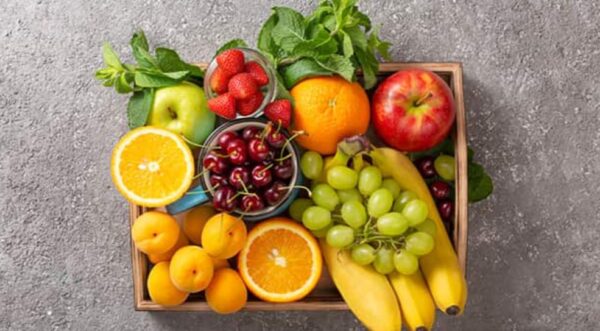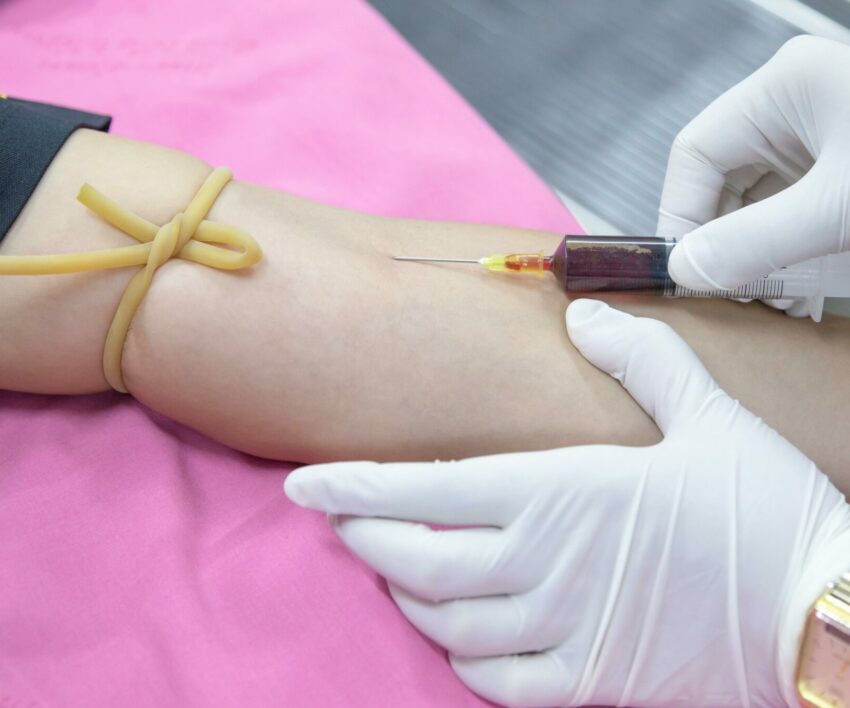Fruits are nature’s perfect snack—rich in vitamins, antioxidants, fiber, and natural sugars that energize and nourish the body.
But while fruits are undeniably healthy, how and when you eat them plays a big role in how much your body benefits from them.
Many people eat fruits the wrong way without even realizing it—mixing them with heavy meals, eating them late at night, or juicing them without the fiber.
To truly get the most out of your fruit intake, here are four simple yet effective rules to follow:
1. Eat fruits on an empty stomach or between meals
One of the most important rules is to eat fruits on an empty stomach or between meals—not immediately after a heavy meal.
Why? Fruits digest much faster than proteins, fats, or starches. When eaten after a meal, they tend to sit in the stomach longer, which can lead to fermentation, bloating, and gas. This not only makes you uncomfortable but may reduce the absorption of certain nutrients.
2. Don’t mix too many fruits at once
While fruit salads are colorful and delicious, combining too many types of fruit—especially mixing sweet and acidic varieties—can disrupt digestion for some people.
Sweet fruits like bananas, mangoes, and papayas digest more slowly, while acidic fruits like oranges, pineapples, and kiwis move through the digestive system more quickly. Mixing them can cause digestive imbalances, especially for those with sensitive stomachs.
3. Avoid eating fruits late at night
Fruits are high in natural sugars, which can give you a quick energy boost—great during the day, not so much at bedtime. Eating fruits late at night can interfere with sleep and digestion, especially if you’re less active in the evening.
Some fruits, like bananas and mangoes, are higher in calories and carbohydrates and may not be ideal for late-night snacking.
4. Choose whole fruits over fruit juice
Whole fruits contain fiber, which slows down sugar absorption, helps digestion, and keeps you full longer. Fruit juices, even freshly squeezed, strip away that fiber and deliver a concentrated dose of sugar.
Packaged juices are even worse, often containing added sugars and preservatives that can spike blood sugar levels and add empty calories.













